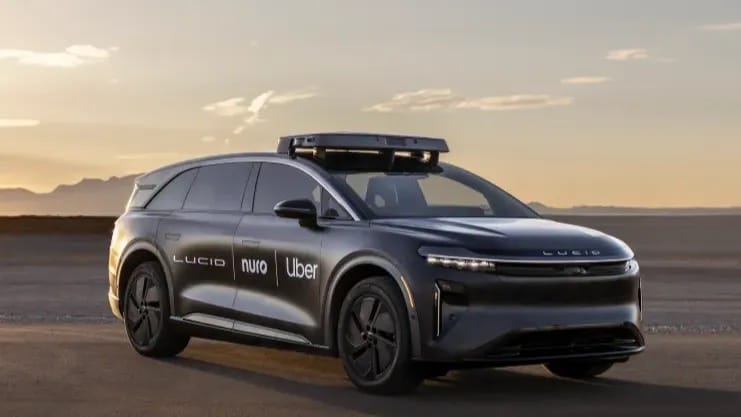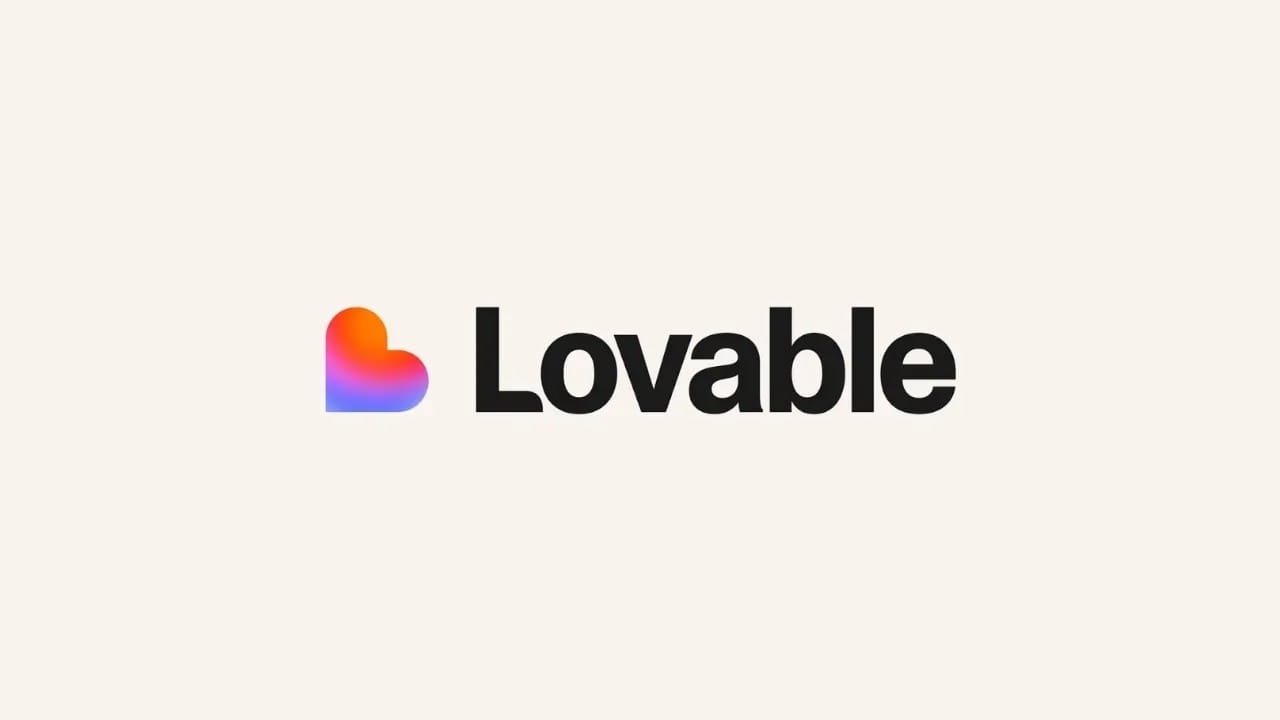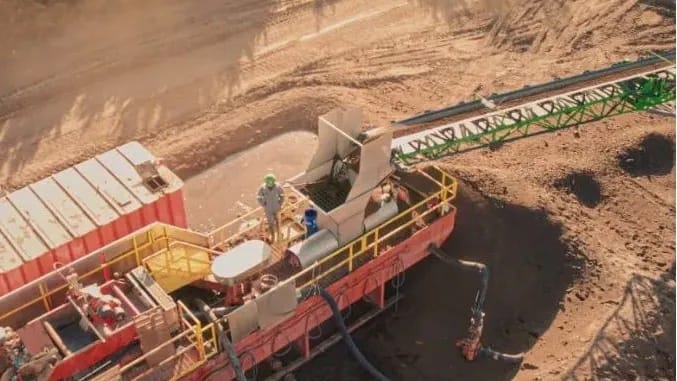- The Rundown Tech
- Posts
- Babies born from 3-parent IVF
Babies born from 3-parent IVF
PLUS: Uber inks deal with Lucid for 20K robotaxis
Good morning, tech enthusiasts. Eight healthy babies in the UK have been born with DNA from three people.
By replacing faulty genes, scientists have erased inherited mitochondrial disease before birth, editing the very code of life. If we can rewrite our genetic legacy, what else could we change about the future of humanity?
In today’s tech rundown:
UK babies born with DNA from 3 people
Uber inks 6-year robotaxi deal with Lucid
Vibe coding tool Lovable joins unicorn club
Microsoft backs carbon-removal startup
Quick hits on other major tech news
LATEST DEVELOPMENTS
BIOTECH BREAKTHROUGH

Image source: New Castle University
The Rundown: Eight healthy babies have been born in the UK using mitochondrial donation, a biotech breakthrough that combines DNA from three people to dramatically reduce the risk of children inheriting potentially fatal mitochondrial diseases.
The details:
The procedure, known as mitochondrial replacement therapy (MRT), transfers the parents’ nuclear DNA into a donor egg with healthy mitochondria.
Only about 0.1% of a person’s total DNA comes from mitochondria, so the vast majority of the child’s genetic traits are inherited from the parents.
This IVF technique is reserved for women at very high risk of passing on severe mitochondrial disease, and candidates are vetted by a regulatory body.
The team from Newcastle University published their results in two papers in The New England Journal of Medicine.
Why it matters: The team spent years finessing this technique, lauded as one of medicine’s most ambitious gene-editing pivots. It is a high-wire act in bioengineering — bypassing disease inheritance without altering the nuclear genome — making it ethically and technically distinct from embryo gene editing like CRISPR.
UBER

Image source: Nuro
The Rundown: Uber is investing hundreds of millions of dollars in EV maker Lucid and autonomous driving startup Nuro in a massive deal that will see 20K robotaxis in the U.S. over the next six years.
The details:
Piloting this ambitious plan is Lucid’s upcoming Gravity SUV, a luxury SUV starting at $79K, outfitted with Nuro’s Level 4 autonomy suite.
Nuro’s fleet of vehicles currently operates in California and Texas, with 1M autonomous miles traveled without any major safety incidents.
The robotaxi experience will be exclusive to Uber’s app, leveraging its routing and delivery infrastructure, with the ride-hailing giant investing $300M in Lucid.
Fleet ownership falls to Uber, and Las Vegas is ground zero for prototype testing, with the first public deployment city set to be revealed in 2026.
Why it matters: Uber’s investment in both Lucid and Nuro is one of the company’s largest-ever deals, and a major push to get Level 4 EVs into its platform. For context, Waymo operates fewer than 2,000 vehicles across a limited number of markets, while Tesla runs only a small fleet in Austin, making this plan notably ambitious.
LOVABLE

Image source: Lovable
The Rundown: Only eight months after writing its first line of code, Swedish vibe coding platform Lovable has grabbed a mammoth $200M Series A, slingshotting it to a $1.8B valuation and making it Europe’s buzziest new unicorn.
The details:
Lovable has already scaled to 2.3M active users, making it one of Europe’s fastest-growing AI startups.
The company lets users with no coding skills create full-fledged websites and apps simply by describing them in natural language prompts.
While millions use Lovable for free, 180K users pay for advanced features, bringing in $75M in annual recurring revenue after just seven months.
Now, it plans to double down on hiring world-class talent, expand its AI capabilities, and launch partnerships to integrate more deeply with toolchains.
Why it matters: In a category with fierce contenders like Cursor and Replit, Lovable’s $200M Series A — Europe’s largest ever for an AI coding startup — is remarkable not just for its scale but for how quickly the company achieved a $1.8B valuation — less than a year after launching its platform and with just 45 employees.
MICROSOFT

Image source: Vaulted Deep
The Rundown: Microsoft just inked one of the world’s largest permanent carbon removal deals, betting big on Vaulted Deep’s industrial-scale strategy for locking away carbon in the bedrock of American infrastructure.
The details:
Vaulted Deep collects high-carbon waste, like byproducts and food residues, and blends them into a slurry that is buried thousands of feet underground.
Microsoft is backing Vaulted to remove up to 4.9M tonnes of CO₂ by collecting sludgy organic waste through 2038, without releasing the deal’s financial terms.
Vaulted says it offers “durable” storage, with injected carbon locked away for at least 10K years, providing long-term verifiability against climate targets.
Its system already diverts tens of thousands of tonnes away from fields and landfills in places like Los Angeles and rural Kansas.
Why it matters: Microsoft has been busy building data centers, and now needs to offset those carbon emissions with Vaulted Deep. This marks one of the world’s largest permanent carbon removal deals, with Vaulted planning to expand into new regions across the U.S., to reach an industrial scale and slash America’s growing waste problem.
QUICK HITS
📰 Everything else in tech today
AI company Anthropic is reportedly in the early stages of raising another investment round that could value the company at more than $100B.
Thinking Machines Lab, the AI startup founded by OpenAI’s former CTO Mira Murati, officially closed a $2B seed round this week.
California Forever, backed by Silicon Valley billionaires, unveiled plans for Solano Foundry, a 2,100-acre advanced tech “utopian” city with 175K homes.
Meta and CEO Mark Zuckerberg agreed to settle a lawsuit stemming from the Cambridge Analytica privacy scandal involving claims of $8B in damages.
Meta reportedly recruited two more high-profile OpenAI researchers for its new Superintelligence Lab, led by former Scale AI CEO Alexandr Wang.
OpenAI is launching a new general-purpose AI agent in ChatGPT, which the company says can autonomously perform computer-based tasks.
The UK switched on its most powerful supercomputer, the Isambard-AI, a $300M AI supercomputer at the University of Bristol.
Amazon launched a batch of its Project Kuiper internet satellites with the help of rival SpaceX’s Falcon 9 rocket.
Google agreed to pay more than $3B to source carbon-free hydropower from Brookfield Renewable Energy Partners.
SF-based newsletter platform Substack raised $100M in Series C financing, taking its valuation to $1.1B.
Elon Musk’s Neuralink labeled itself a “small disadvantaged business” in a federal filing before being valued at $9B in a funding round.
Google officially set August 20 as the date for its Pixel launch event, where it will unveil its new Pixel smartphone lineup.
COMMUNITY
Join our next workshop today at 4 PM EST with Dr. Alvaro Cintas, The Rundown’s AI professor. By the end of the workshop, you'll be able to use Perplexity Comet (and other alternatives) to automate your browsing experience.
RSVP here. Not a member? Join The Rundown University on a 14-day free trial.
That's it for today's tech rundown!We'd love to hear your feedback on today's newsletter so we can continue to improve The Rundown experience for you. |
See you soon,
Rowan, Jennifer, and Joey—The Rundown’s editorial team


Reply